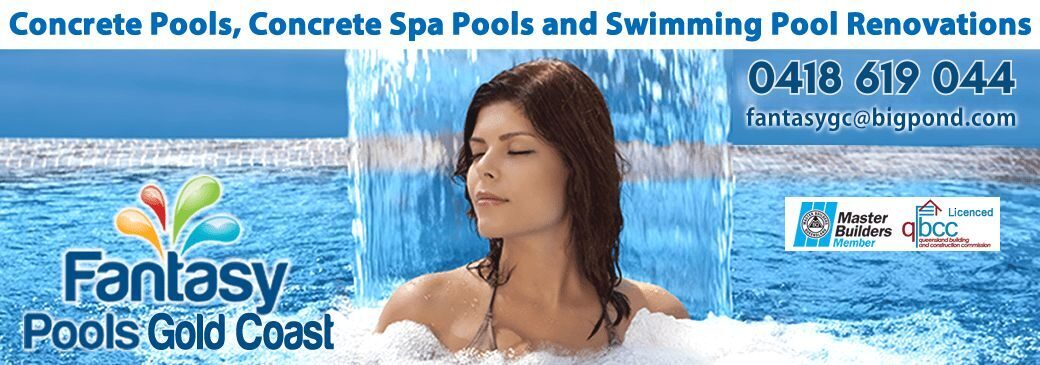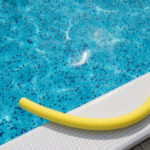How To Know If Your Swimming Pool Water Is Clean
You are surely always diligent with safety flotation devices, using sunscreen and enforcing Swimming Pool Water safety. Are you really aware of the purity and safety of the water in your pool?
You can keep your spa or pool sanitised, clean and healthy with regular chemical testing. If your water is not properly balanced and treated, undesirable and harmful contaminants and organisms can take residence. Among living organisms you may find in a pool are mould, algae and bacteria, all of which multiply rapidly. Other contaminants include suntan lotion and perspiration buildup. If you do not maintain your spa or pool water well, you can expect to have problems with eye and skin irritation.
It really isn’t very difficult to learn to take good care of your hot tub or pool. When it comes to conducting a water assessment, test strips for pools and hot tubs are the latest thing.
Using strips to test your Swimming Pool Water is easy and effortless. You don’t need to be a chemist to get very accurate results using test strips. Using Pool & Spa Test Strips, you can test the levels of chemicals such as bromine and chlorine, which are frequently used to sanitise spas and pools. These strips also test a number of other factors, such as water hardness, pH levels and total alkalinity.
In order to conduct frequent testing of your pool water, take advantage of test strips. You must test your pool at least twice weekly. You must test it more often if you have lots of swimmers or if your dog swims in the pool. Additionally, inclement weather including rain, wind, and flooding, will cause you to need to test very frequently. In a spa, there are more people to the volume of water than in a pool, so chemical levels can be quite sporadic. That’s why it’s important to check and adjust levels often.
Furthermore, keeping the water properly balanced safeguards your investment in a pool or hot tub. Corrosive pool water causes a number of problems, such as wrinkling of vinyl liners, and pitting and etching of plaster and concrete lined pools. If your water is acidic or corrosive, it could cost you, repairs to the filter, pump and heater. Excess mineral scale will form in your pool and on pool equipment if your water has a high saturation of minerals.

